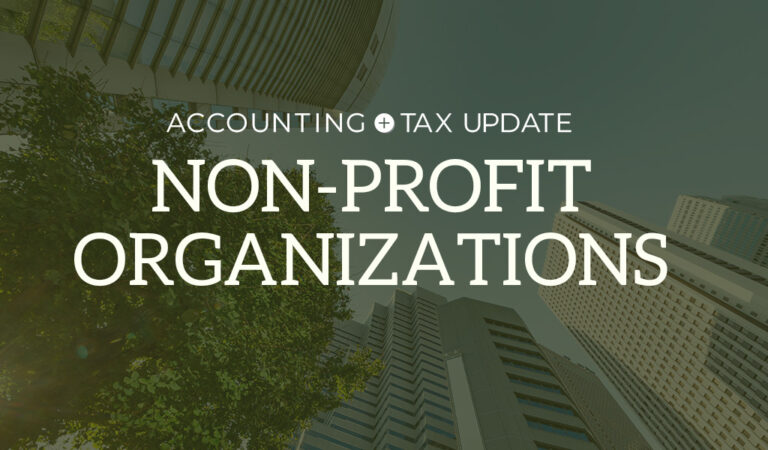In our previous HST series blog, we talked about the sale of goods to non-residents and how HST is applied to those sales. You may have noticed however, that we did not talk about services! This third blog in our HST series will discuss the rules that are applied when services are provided to a non-resident.
If you are providing services to a non-resident, there is a separate set of rules that deals with whether or not the supply is subject to HST. The first thing to be determined is whether the supply is made in Canada. If your service is performed wholly outside of Canada, then it would make sense that HST would not apply. However, if even a portion of the service is performed in Canada, then the whole supply is deemed to be made inside of Canada. For example, if a Canadian company contracts with a US company to provide creative writing services and the creative writer travels to the US to do the writing, but spends a half a day doing final edits while back in Canada, then this service is deemed to be made in Canada.
The good news, though, is that even services that are provided in Canada can escape the HST if they qualify for “zero-rated” status. Zero-rated supplies have a 0% rate of tax apply to them. Most supplies of services to non-residents qualify for zero-rating – as would the creative writing services mentioned earlier. As with most tax legislation, there are many exceptions to the general rule. For example, services provided to non-residents of Canada in respect of real property situated in Canada (eg., painting a building in Ottawa that is owned by an American) remain taxable.
The rules are even more complex for supplies of “intangible personal property” such electronic subscriptions, online databases, software licenses and journals.
As you can see, place of supply rules are tricky when you are dealing with services as opposed to goods. We are here to help you sort through the complexities and get you the best possible outcome. Please feel free to contact a Welch LLP advisor if you have any questions!













